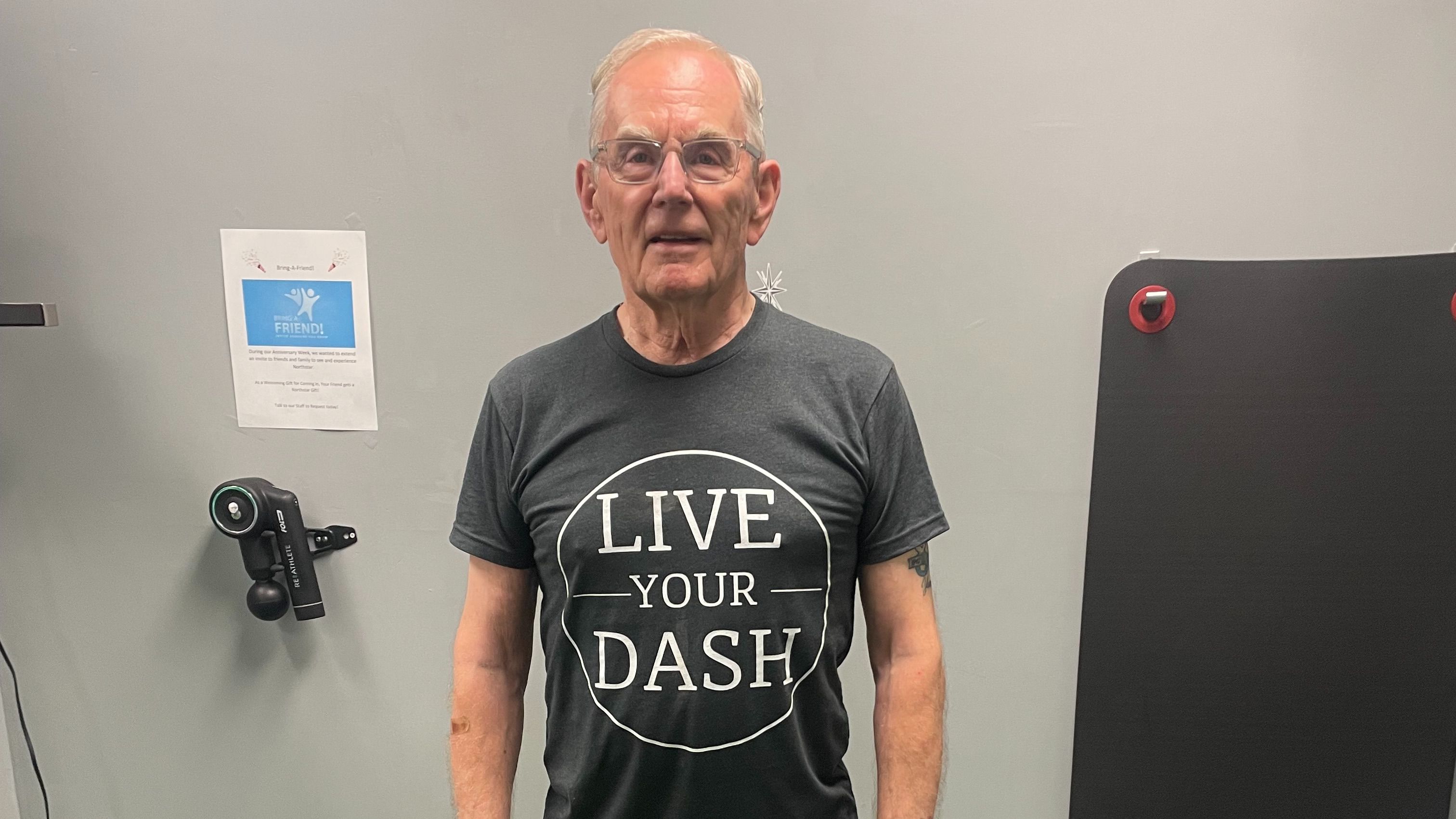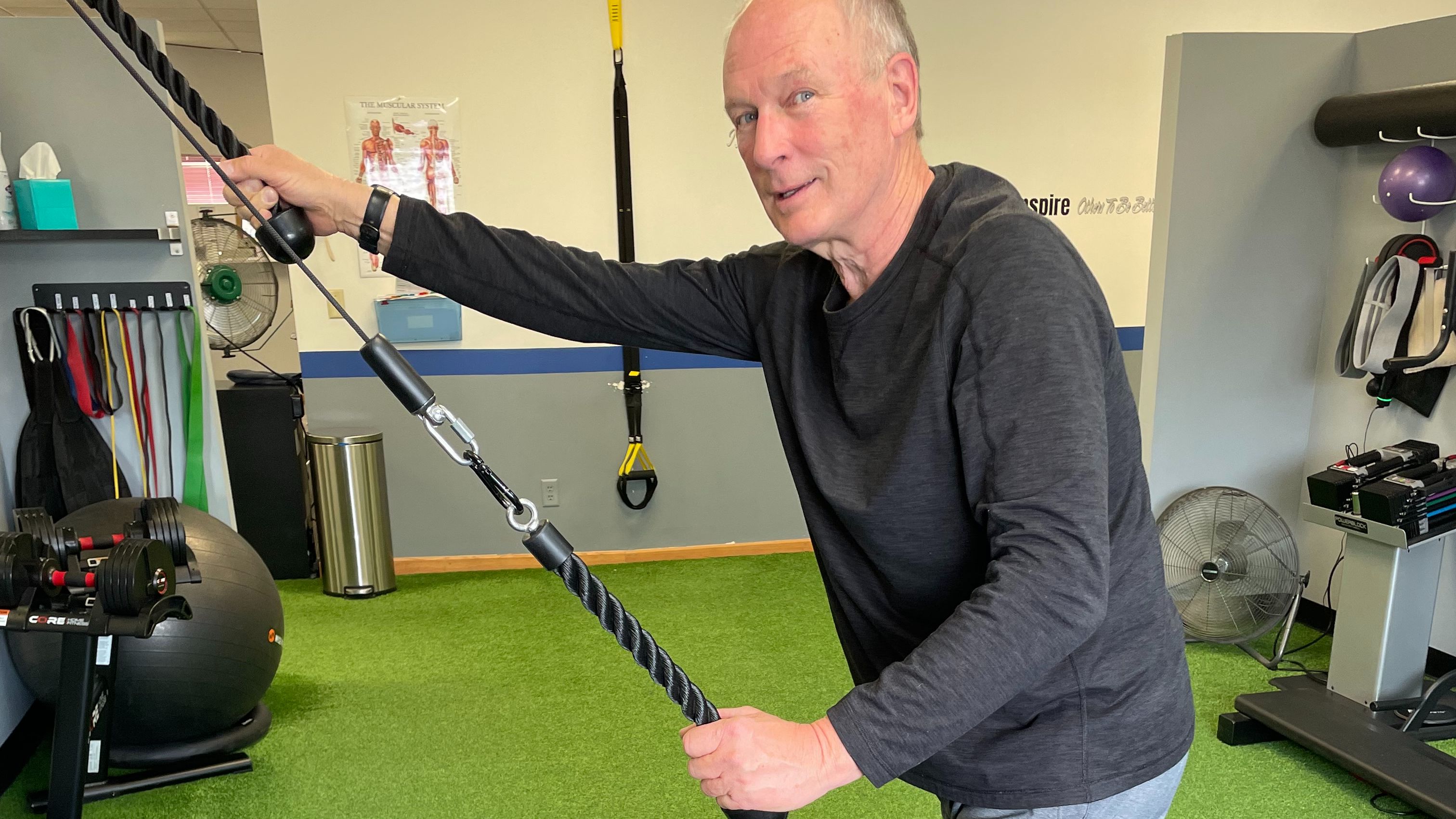Carl's Blog
Every January, people set bold goals with the best intentions. Lose weight. Get stronger. Feel better. And for a few weeks, it feels good. Motivation is high. The plan is fresh.
Then life happens.
By March, most goals have quietly slipped away. Not because people don’t care—but because goal-settin...
The holidays are meant to be a season of joy, connection, and celebration. But for most adults, December quietly becomes one of the most stressful months of the year. Calendars fill up, routines get disrupted, and before long, the first thing sacrificed is often the very habit that keeps everything ...
Dave Skogen has never been interested in doing things halfway. Whether building a business, investing in people, or taking care of his health, Dave approaches life with intention, humor, and a deep sense of purpose.
Outside the studio, Dave keeps things refreshingly simple. He enjoys reading, and h...
In a world that glorifies weight loss and quick fixes, it’s easy to believe that health is just about doing more, eating less, or chasing a smaller number on the scale.
And our client of the month this month reminds us what lasting health actually looks like.
This month, we’re celebrating a Nort...
For those who once thrived on movement but now find themselves limited by pain, energy loss, or setbacks… Pat Cavadini’s story will resonate deeply.
A former repeat Birkebeiner competitor, Pat was no stranger to challenge or endurance. He had always been active, spending his free time cross-country...
If you’ve ever felt trapped in a cycle of dieting, over-exercising, or relying on weight loss drugs just to feel in control, you’re not alone. Angela Hohmann has been there too—and her journey is one worth celebrating.
Angela wasn’t happy with where she was at, and like many people, she believed lo...
Congratulations to Nancy Gilligan as this month’s client of the month!
Multiple Sclerosis is no match for this woman. She has not let this be a label for her, but instead has risen up to excel through the power of resistance training, effective strengthening, and getting the right nutrition to ove...
We wanted to warmly introduce Emma Hanson!

Emma grew up in Winona, Minnesota and graduated from the University of Minnesota Duluth with a degree in Exercise and Rehabilitation Sciences. Emma grew up playing all types of sports but focused on basketball and swimming in high school. In college she...
We are proud to announce the newest member of our growing team. Welcome Quinn Steckbauer! Quinn Joins us from UW-Oshkosh, where he played basketball for the Titans while he completed his bachelors degree in Strength and Conditioning with a minor in psychology from UW-Oshkosh.
Quinn grew up in Mer...
The first step of the fitness journey is the hardest. We have a desire but no momentum. And there are other barriers to getting started…
We say we’ll start tomorrow. The next day, we again say we’ll start tomorrow, and years later, we still haven’t made progress.
Some of the most common rea...
Which type of exercise endurance training vs. strength training best decreases the risk for coronary disease?
We've been taught to exercise daily through endurance training to best decreases the risk for coronary disease. But when look at all the components of energy metabolism we see that stren...
Obesity related illnesses are set to surpass smoking as the number one cause of death in the United States. The impact to individuals, families is heartbreaking, and medical costs and the financial burden associated with it are skyrocketing.
One of those Obesity related illnesses that you might be...













